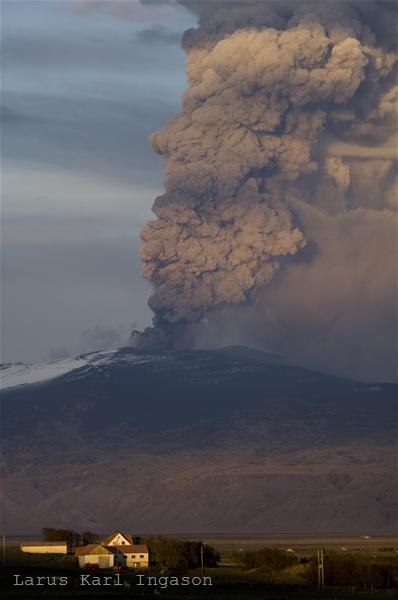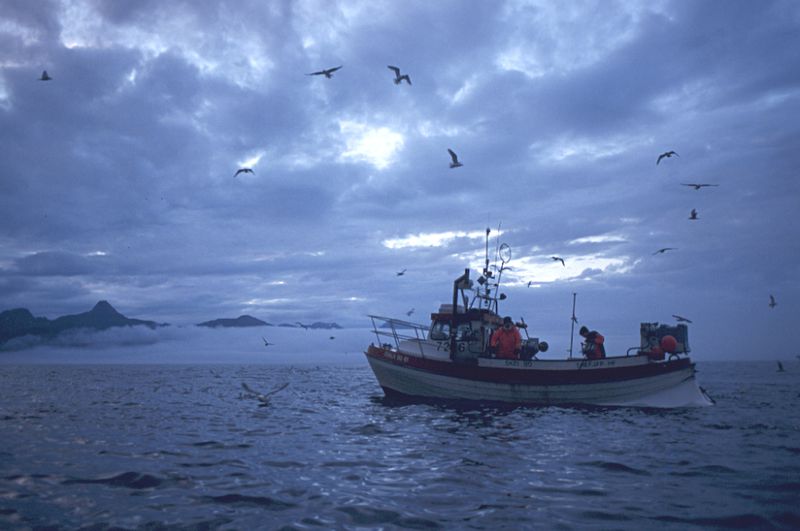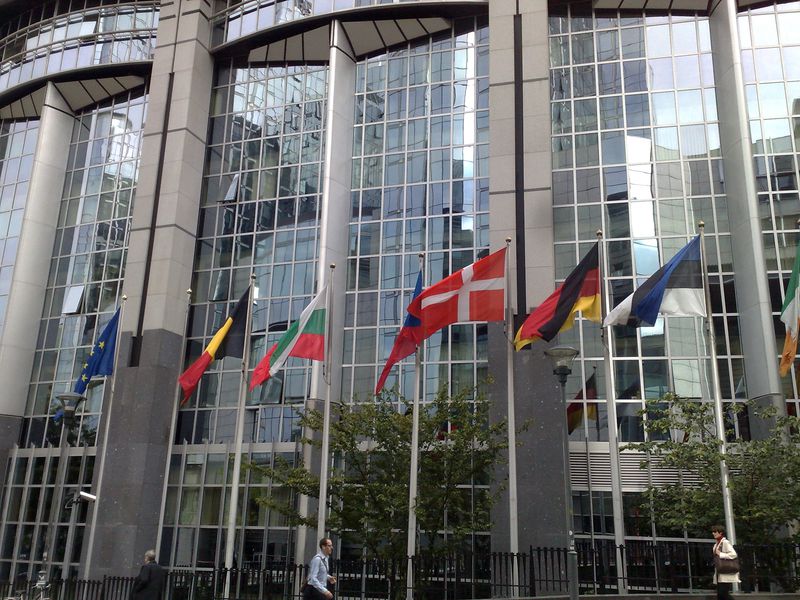Iceland is opening and closing accession chapters
Adelina Marini, June 30, 2011
 Precisely two years after it submitted a membership application to the European Union, Iceland has started the real negotiations on June 27 with the opening of four chapters and the closure of two of them. In July 2010 started the screening of Icelandic legislation, which ended on Monday thus clearing the way for the start of the real negotiations process. Still not screened remain the last two of 35 chapters - 34 "Institutions" and 35 "Others".
Precisely two years after it submitted a membership application to the European Union, Iceland has started the real negotiations on June 27 with the opening of four chapters and the closure of two of them. In July 2010 started the screening of Icelandic legislation, which ended on Monday thus clearing the way for the start of the real negotiations process. Still not screened remain the last two of 35 chapters - 34 "Institutions" and 35 "Others".
Negotiations have started on chapter 5 Public Procurement and 10 Information Society and Media. Opened and provisionally closed are chapter 25 Science and Research and chapter 26 Education and Culture, as on them Iceland demonstrates a high level of preparedness and implementation of commitments. Nonetheless, until accession there will be monitoring on all the chapters, aimed at seeing whether the country has sufficient administrative capacity and availability of budgetary and administrative resources to apply the European acquis. Besides, the EU keeps the right to return to already closed chapters, if necessary.
On the opened chapters 5 and 10 it is noted that Iceland continues to transpose the European acquis in its legislation, including regarding public procedures for remedies and defence. It is obvious that the country will be fully prepared by the time of accession, according to the assessment of the second intergovernmental conference, which was held on June 29. On chapter 10 Iceland is expected to entirely adopt the Audiovisual Services Directive, as well as the directive for e-commerce.
The problematic chapters
In his introductory remarks during the conference the Minister of Foreign Affairs of Iceland, Össur Skarphéðinsson, said that he did not expect problems on most of the chapters but added that "chapters such as fisheries and agriculture will need our special attention - circumstances in Iceland are different from those of other European countries. These two chapters can therefore not simply be a “plug and play” for Iceland".
As euinside wrote the small island country has a very developed fisheries sector and is not inclined to step back regarding the insistence of some EU member states Iceland to reduce its fisheries quotas. There is serious criticism against whaling  as well, practiced under control in Iceland, but according to environmentalists it should be stopped.
as well, practiced under control in Iceland, but according to environmentalists it should be stopped.
Mr Skarphéðinsson added that difficulties were expected on chapters Regional Policy, Environment and Economic and Monetary Policy. This is why he called for the negotiations on those chapters to start as soon as possible so that there will be enough time to find "mutually agreeable solutions".
The Icelandic foreign minister recalled in conclusion that uncertain times were ahead of Iceland and the EU. "The storm that individual member states and the EU as a body have had to weather in the last days, months and years has presented a daunting challenge. My government has certainly had its fair share of difficulties but we gradually managed to gain and maintain control of our economy".
The economic issue is painful for Iceland, which went almost through a default in 2008 because of the crash of the bank sector, that had surpassed in dimension the GDP of the country several times. Reykjavik was forced to leave the sector to go bust and asked the EU and the IMF for help. This was the reason why the government had applied for EU membership, hoping this to lead to euro area accession too. From the perspective of the current events in the Economic and Monetary Union, however, the country is hoping to negotiate better terms. This is why we are waiting with great interest the start of the negotiations on the problematic chapters.
 | © Larus Karl Ingason
| © Larus Karl Ingason | © euinside
| © euinside | © euinside
| © euinside